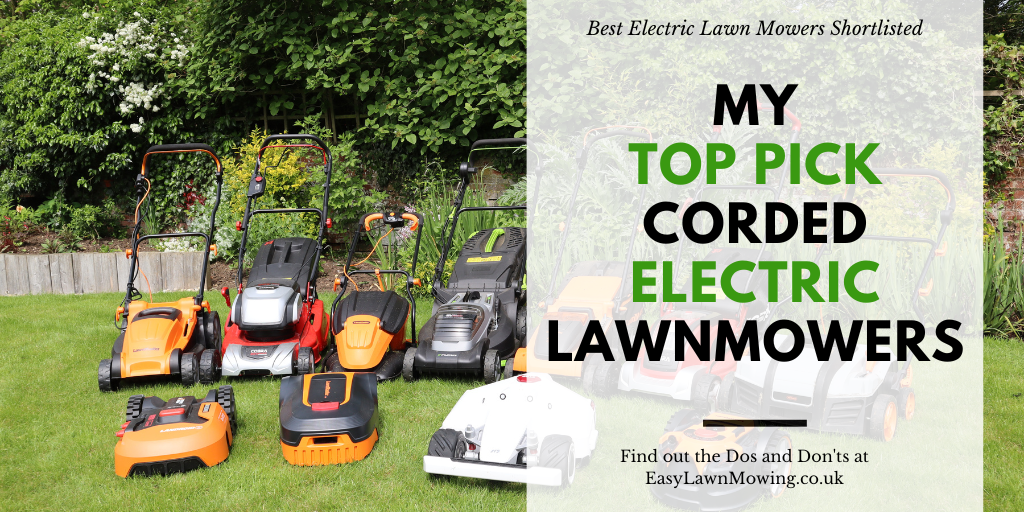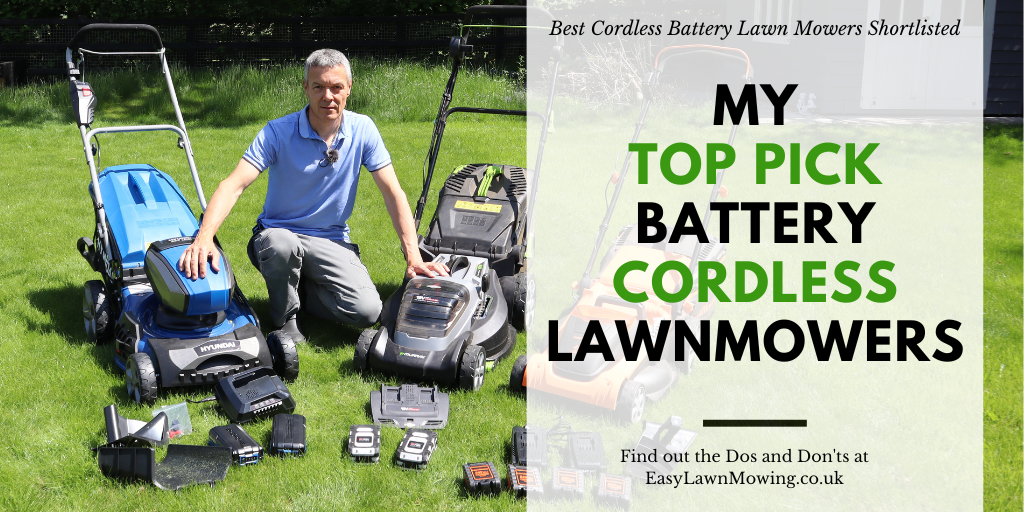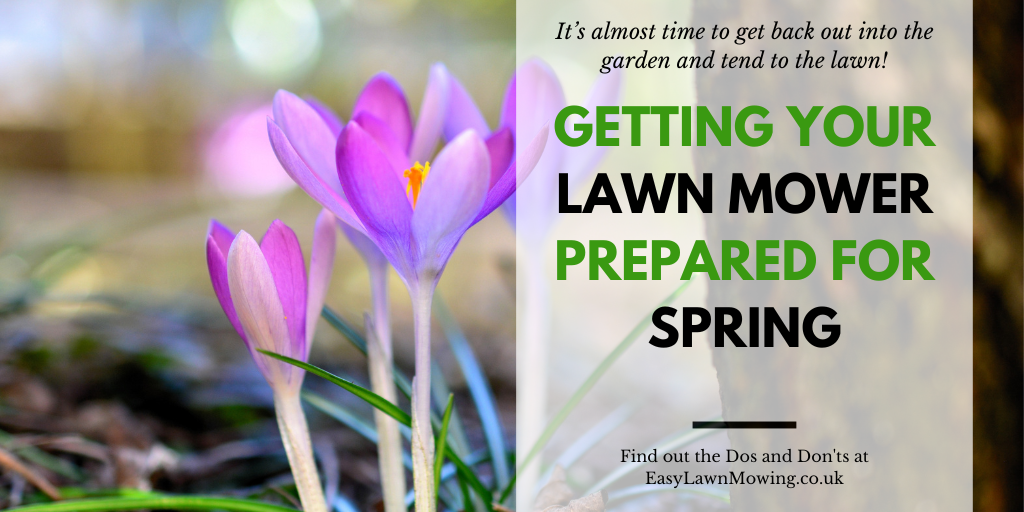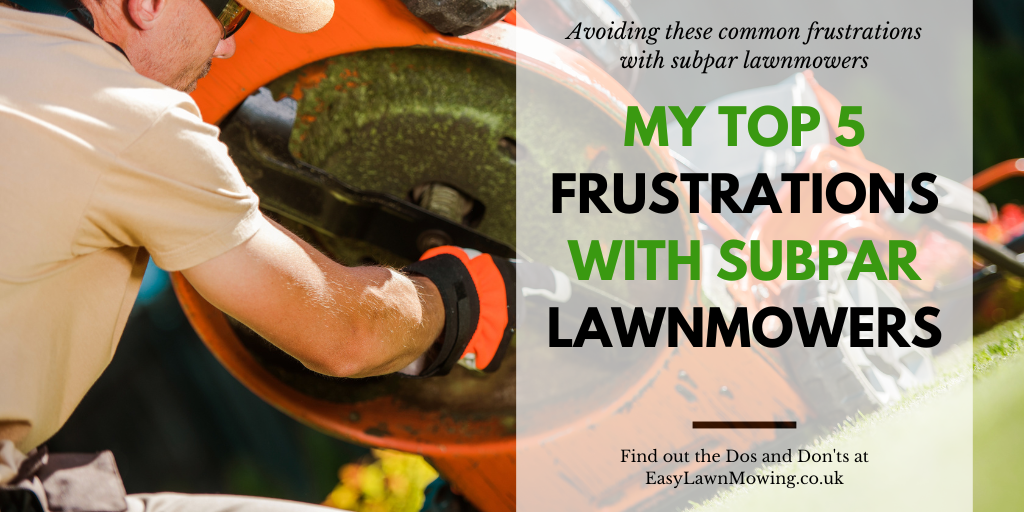Winners At A Glance
Expert Reviews and Guides for the Best Lawnmowers
Your Ultimate Destination for Garden Tools
My name is Mark Haley, and I have been testing and reviewing lawnmowers for over 10 years. If you’re looking for a one-stop-shop for all your lawnmower needs, my website is the ultimate destination to finding the best lawn mower for your needs. I am dedicated to providing you with the most comprehensive and unbiased reviews of lawnmowers and other garden tools. I personally test each and every product I review, ensuring that you get the most accurate and reliable information before making your next lawnmower purchase.
My website features a wide range of lawnmower reviews, from the latest models to the most popular brands on the market. I also have a YouTube channel with detailed review videos that showcase the lawnmowers in action, giving you a better idea of how they perform in real-life scenarios. Over the years I have reviewed and tested over 100 lawnmowers including Petrol, Cordless, Electric, Robotic and push manual mowers.
I understand that choosing the right lawnmower can be a daunting task, which is why I provide detailed guides to help you make an informed decision. My reviews also highlight the pros and cons of each lawnmower, so you can be sure that you are getting exactly what you need.
Start Your Lawnmower Search Here
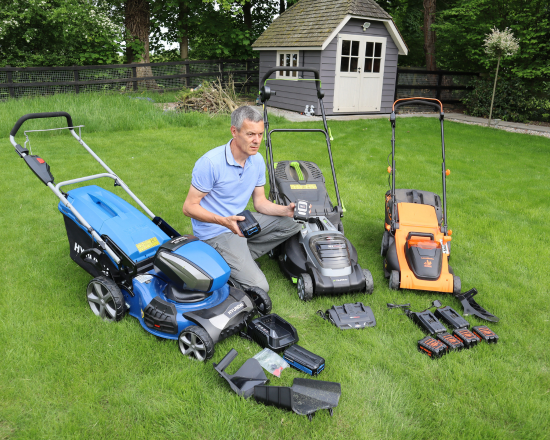
Latest Lawn Mower Video Reviews
Latest Articles
As a seasoned expert in the field of garden power tools, I have dedicated over a decade to working with and reviewing a wide variety of lawn mowers. My extensive experience has allowed me to gain a deep understanding of the benefits and limitations of different types of mowers and garden tools.
Over the years, I have honed my skills in writing informative articles and creating helpful videos for various blogs and publications. This has given me the ability to not only recognise what makes a good lawn mower, but also to help you choose the perfect garden tool for your specific needs and requirements.
With my wealth of knowledge and expertise, I am confident that I can provide you with valuable insights and recommendations when it comes to selecting the right lawn mower for your lawn. So, whether you're looking for a battery cordless, electric, petrol, or robotic mower, you can trust in my expertise to guide you towards the best option for your garden.



